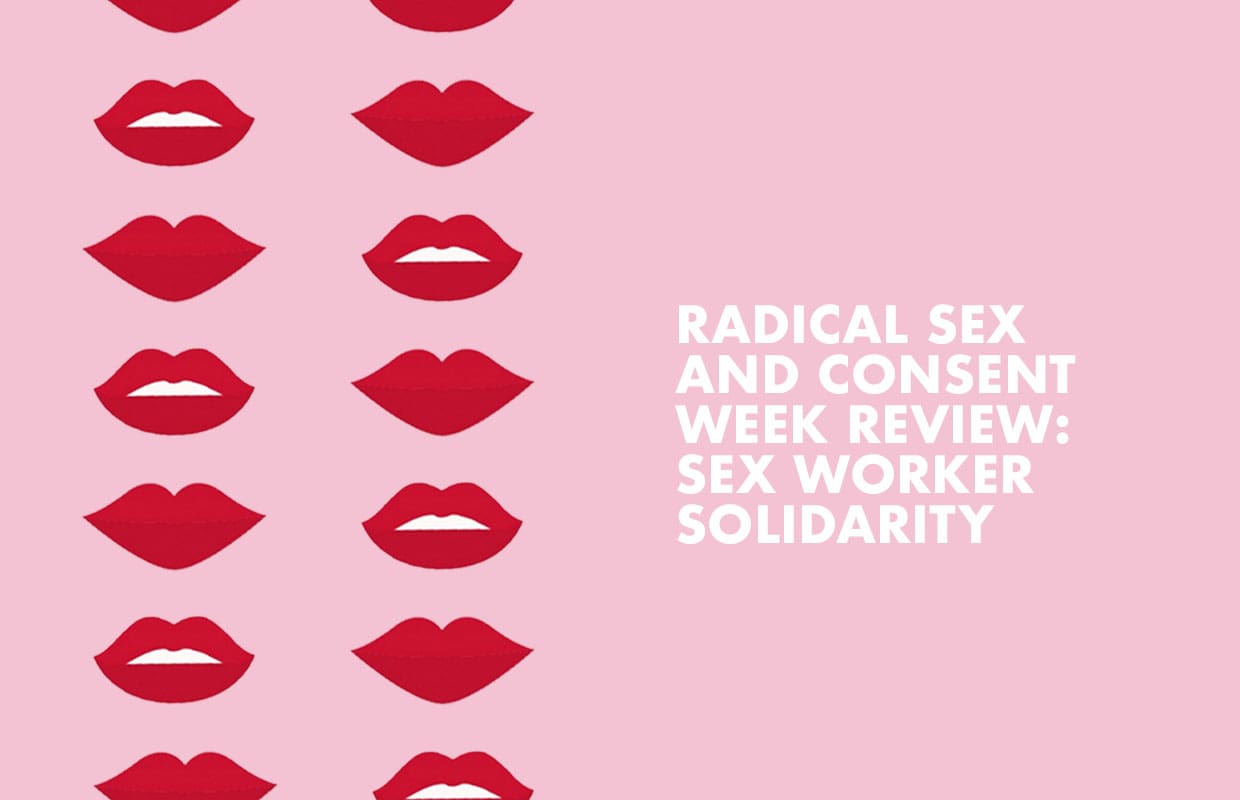USyd has had a mixed relationship with supporting sex workers and specifically their own students who are workers — from previously published whorephobic articles in student papers, to Wesley College students infiltrating a local brothel. In this context, the importance of putting workers’ voices into the limelight serves the student body with an important opportunity to listen to a marginalised community. Radical Sex and Consent Week has consistently and openly supported sex workers, having speakers appear each year in both panels and podcasts. This year’s panel included two students, a trans woman, as well as representatives from sex worker-run organisations Scarlet Alliance and SWOP (Sex Worker Outreach Program).
The legality behind sex work opened the discussion. NSW is the only state in Australia that has the decriminalisation model that most sex workers prefer. This model removes police as regulators and opens access to government services, which makes it safer to do sex work in NSW than any other state.
“The media always talks about ‘illegal brothels’ lurking in suburbs, but the issue with that is that ‘illegal brothels’ do not exist in NSW,” said one panellist. “They just haven’t got council approval.”
But NSW being the safest place in Australia for sex workers does not mean it’s perfect. Unsympathetic police make it extraordinarily difficult for workers to report assault and misconduct by clients due to embedded rape culture leading authority (and society at large) to point the finger of blame back at workers themselves. The panel pointed out that despite the media’s image of sex work as incredibly dangerous, it only holds similar risks to that of other city-based jobs, especially considering the strict screening processes that workers have developed.
“Just like with civilian jobs, you have good work places and bad work places, good bosses and bad bosses”, according to one panellist. The panel then discussed their own experiences in retail and hospitality, where they were bullied, sexually harassed and even stalked by fellow employees, unable to leave their positions simply because they could not afford to be unemployed, and could not afford to take legal action due to their minimum wage.
“In my current job, I get to chose when I am touched and where I am touched, on top of having the financial stability to not overwork myself, focus on my studies and pay for my medication,” said one panellist. “Sex work has provided me with the freedom that I could not afford when in hospitality.”
The quick accessibility of money and corresponding financial stability were hailed as some of the perks of sex work, as well as the strong community. “I’ve made some of my best friends through my job, and when I have work that day I look forward to seeing them, dressing up with them and working with them,” said one of the panellists. “Being a trans woman, it is hard to find a job where I am accepted let alone where my body is praised and pleased,” another added.
The strong community is evident in the formalised work of Scarlet Alliance and SWOP, both sex worker-run organisations that provide legal contacts, teach workers skills, do sexual health checks, provide counselling, and offer information to those interested in entering the profession.
The panel left the audience with some words on how they can be a good ally to sex workers.“Do not use the word pr*stitute,” they said. “Listen to us and don’t talk over us. Take the time to educate yourself, and do not out us to other people.





